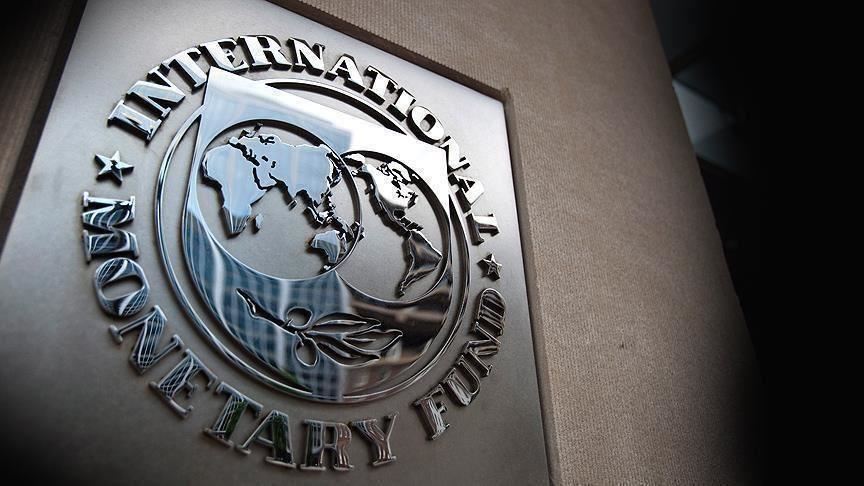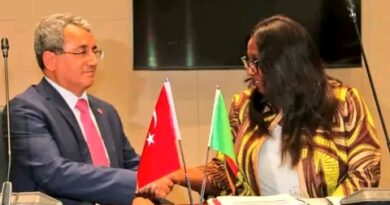IMF Agrees to $938 Million Loan for Kenya to Address Economic Challenges
The International Monetary Fund (IMF) has announced a significant agreement on a $938 million (€864 million) loan for Kenya, responding to the East African country’s liquidity problems and economic challenges.
Kenya, considered the economic powerhouse of East Africa, has faced severe disruptions from the impact of COVID-19, repercussions from the conflict in Ukraine, and a historic drought in the Horn of Africa.
Kenya’s public debt, standing at over 10,100 billion shillings (€64.4 billion) at the end of June, comprises about two-thirds of its gross domestic product.
The country faces pressure on its liquid assets, particularly due to a large Eurobond maturing in June 2024 amounting to $2 billion.
Despite the challenges, there has been a noted recovery in the agriculture and tourism sectors.
William Ruto, the President of Kenya, has announced plans to repay a first tranche of $300 million in December. The IMF’s Executive Board is set to validate this loan agreement in January, granting Kenya immediate access to $682 million upon approval.
The IMF noted in a statement that the economy has shown resilience, with real GDP growth of 5.4% in the first half of 2023, mainly thanks to a solid recovery in the agricultural sector following the return of the rains..
Despite this resilience, inflation remains a concern, with a year-on-year rate of +6.9% in October, and high prices for petrol, basic foodstuffs, and energy.
The cost of servicing Kenya’s public debt, primarily to China, has risen sharply due to currency depreciation.
In an effort to reduce its debt burden, President William Ruto’s government has introduced a budget, including unpopular measures such as new taxes expected to raise 289 billion shillings (€2 billion) to supplement the planned 3,600 billion shillings (€24 billion) budget for 2023-24.
These measures have led to public demonstrations, reflecting the challenges of navigating economic reforms in the face of public discontent.



